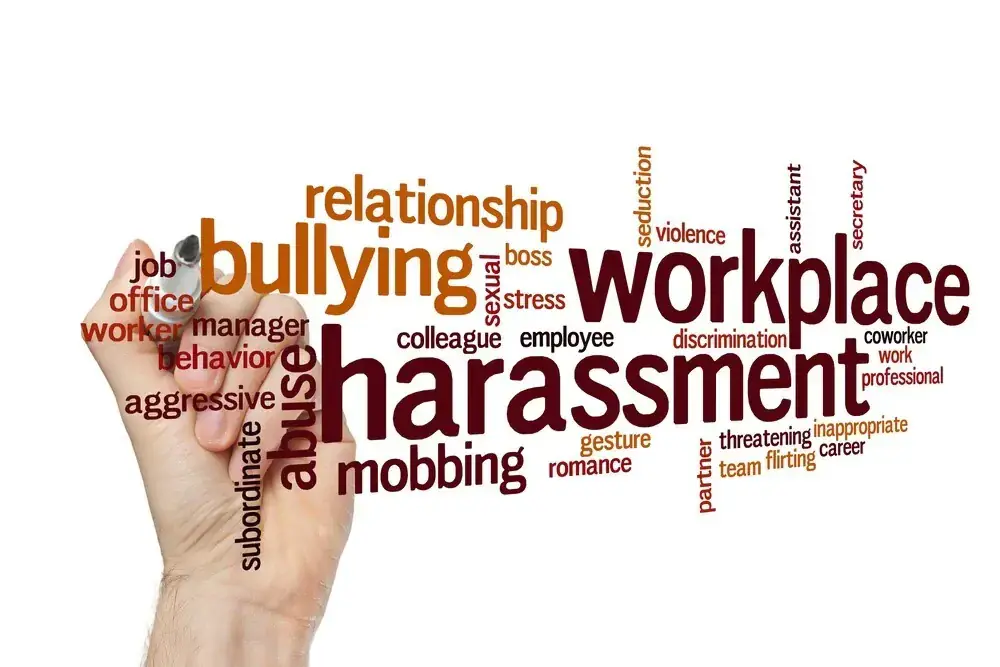
Harassment (incl. Sexual Harassment)
What It Is
Harassment at work is unreasonable, unwelcome conduct that humiliates, intimidates, or offends — creating a hostile environment or undermining dignity. Sexual harassment is a specific form of harassment recognized in New Zealand law and includes quid-pro-quo demands (e.g., “do X for benefits / or else”) and unwelcome sexual conduct that negatively affects your employment. See ERA 2000 s 103(1)(d) (PG for sexual harassment), s 108 (definition), s 109 (racial harassment), and s 118 (liability where employers don’t take steps to prevent repetition), plus HRA 1993 ss 62–63 (sexual and racial harassment).
Your Rights and the Law
- Employment Relations Act 2000 (ERA 2000)
- s 103(1)(d) — Sexual harassment is a ground for a personal grievance (PG).
- s 108 — Defines “sexually harassed in employment” (by employer/representative; or by co-workers/clients with employer responsibility).
- s 109 — Racial harassment.
- s 118 — Employer liability if, after a complaint, it fails to take all practicable steps to prevent repetition.
- s 4 — Good faith; s 103A — “fair and reasonable employer” test for process.
- Time to raise: PGs must usually be raised within 90 days, but sexual-harassment PGs have a 12-month window (since 2023 amendment).
- Human Rights Act 1993 (HRA 1993)
- s 62 — Sexual harassment;
- s 63 — Racial harassment;
- s 21 — Prohibited grounds of discrimination.
- Route via Human Rights Commission/Tribunal is also available.
Process (How a Case Generally Proceeds)
- Record what happened (dates, words, messages, witnesses, health impacts).
- Complain internally under policy; for co-worker/client harassment the employer must investigate and take practicable steps to stop repetition.
- Raise a Personal Grievance (PG) — sexual harassment within 12 months; other harassment/disadvantage within 90 days.
- Mediation – The Ministry of Business, Innovation & Employment (MBIE) provides free mediation to seek early resolution. The process is voluntary and both parties must agree to attend. Most cases reach resolution at Mediation.
- Employment Relations Authority Investigation – If unresolved, a Statement of Problem is filed; the Authority investigates and issues a written determination.
- Employment Court Appeal – Possible for errors of law or procedure.
- Alternative path: Human Rights Commission → HRRT (but you can’t run the same sexual-harassment claim in both jurisdictions).
Potential Outcomes / Remedies
- Compensation for hurt, humiliation and injury to feelings (ERA s 123(1)(c)(i)).
- Lost wages and reinstatement where appropriate (ERA ss 125, 128).
- Orders requiring training, policy changes, and non-contact; penalties for bad faith or non-compliance.
- HRRT privacy/harassment awards can be substantial on serious facts (see Hammond).
- General compensation guidance (banding uplift trend in harassment/stress cases) - Recent decisions discuss higher bands for non-pecuniary loss in serious cases (e.g., GF v Comptroller of the New Zealand Customs Service [2023] NZEmpC 101 noting banding guidance often cited by practitioners). While not a sexual-harassment case, it’s widely referenced when assessing compensation quantum for hurt and humiliation in serious workplace-harm cases. The Law Association
How We Help
- Review circumstances, discuss options and evidence plan: we map facts against ERA 2000 ss 108/118 and HRA 1993 ss 62–63.
- Stop-the-harm steps: non-contact, safe rostering, interim measures.
- Resolution strategy: apology/undertakings, training, compensation, and where needed reinstatement.
- Escalation: Mediation → ERA → Employment Court / or HRRT track (we’ll advise the optimal forum).
- File a personal grievance.
- Mediation – The Ministry of Business, Innovation & Employment (MBIE) provides free mediation to seek early resolution. The process is voluntary and both parties must agree to attend. Most cases reach resolution at Mediation.
- Employment Relations Authority Investigation – If unresolved, a Statement of Problem is filed; the Authority investigates and issues a written determination.
- Employment Court Appeal – Possible for errors of law or procedure.
Take Action Today
If you’ve experienced harassment or sexual harassment at work, you have strong rights under ERA 2000 and HRA 1993. Get in touch with us to arrange a no-obligation consultation about your situation. We’ll review your evidence, explain your options, and act swiftly to protect your safety and pursue fair compensation.
